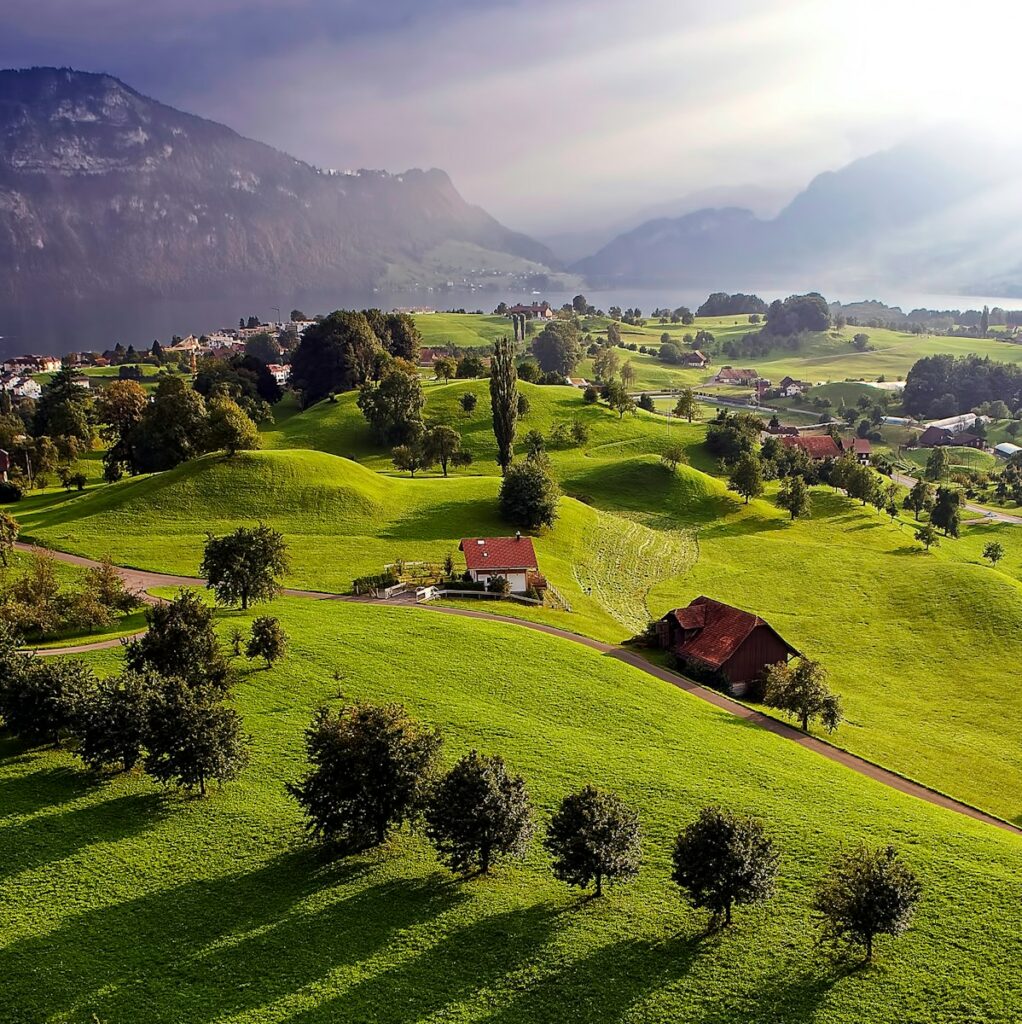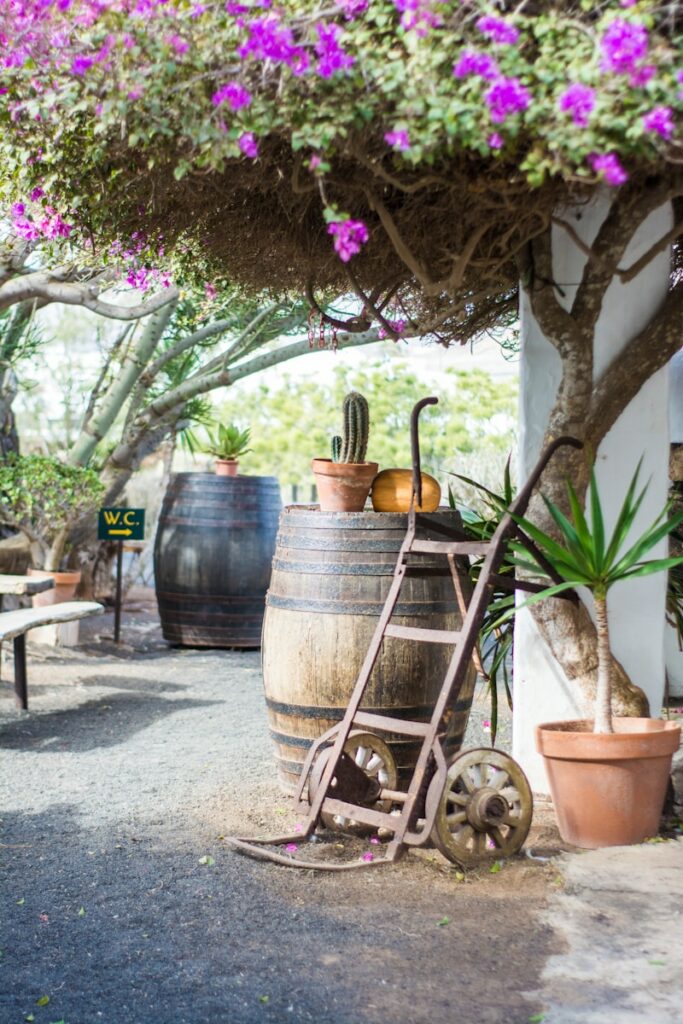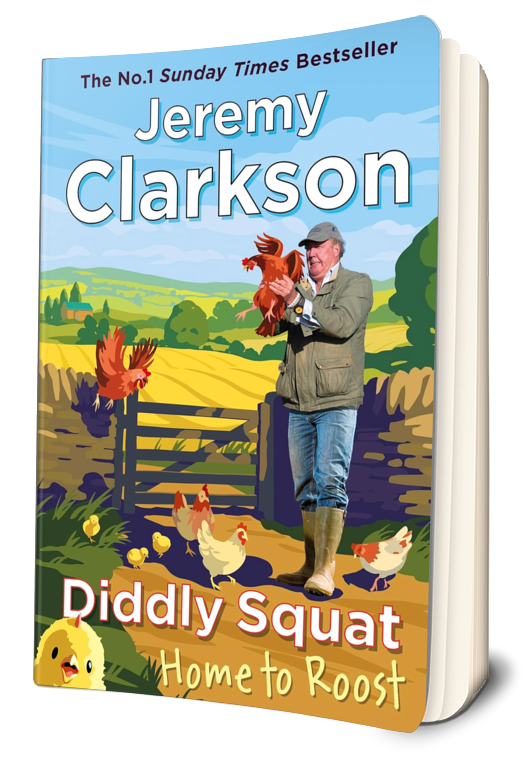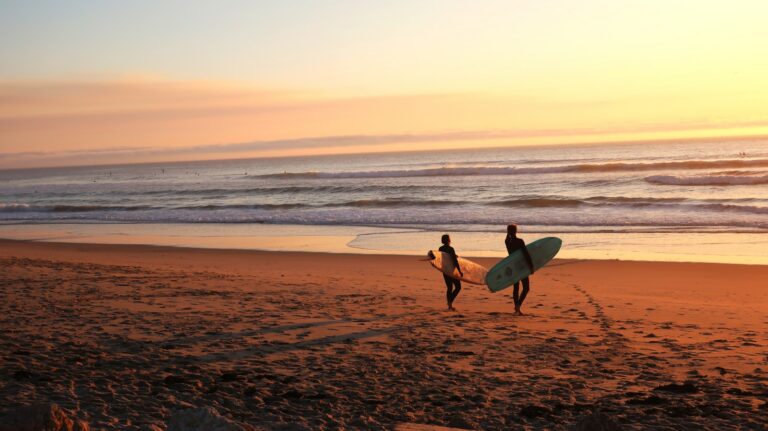Explore More
Living with the Land: How to Start a Farm in Europe
Farming is not a romantic escape, it’s a hands-on, disciplined way of living with the land. Europe offers what few other markets do: space, sunlight, biodiversity and institutional support to start your own farm.

More and more men across the world are stepping away from high-speed urban commitments and commuting routines and moving toward a slower pace lifestyle, a more deliberate way of living with the land in Europe.
Starting a farm isn’t about escaping modern life. It’s about reshaping it. It’s a lifestyle built on practical skills, daily challenges and a deep respect for the natural world. For many, it begins with a question: what does a farm life actually look like?

For decades, European life moved toward cities, screens and fast results. But that model has worn thin for many. Burnout, restlessness and the sense of being constantly online have pushed a growing number of men to reconsider how they live and work.
Farming offers structure without monotony, labor with satisfaction and results and the kind of physical engagement many have missed. It doesn’t require a rural background or a childhood on a tractor. What it asks for is consistency, curiosity and a willingness to learn.
Starting Small, Thinking Long-Term
Land is more accessible than many expect. Across Europe, rural regions have welcomed new farmers with open arms and in some countries, even financial incentives. Abandoned plots, old orchards, and smallholdings can often be leased or bought at modest prices, especially in Portugal, Bulgaria, Romania, and parts of France and Spain.
Most new farmers begin small: a few vegetable beds, a couple of chickens, maybe a greenhouse. The learning curve is steep, but experience builds quickly. Days revolve around the weather, the soil, and the needs of living things. Mistakes are common, but they’re also how most people learn.
Choosing a Location
Europe’s landscapes are as diverse as its languages. Southern climates suit vineyards, olive groves, and citrus farming. Central and Eastern Europe offer fertile soil for grains, root vegetables, and hardy livestock. Cooler regions lend themselves to mushrooms, berries, or wool production.
Choosing where to farm depends on more than climate. Access to water, proximity to markets, and community connections matter. So does language — integrating into a rural area often means becoming part of its rhythm, its customs, and its conversations.
Tools, Training and Support
Agricultural education has expanded across Europe in recent years. From organic farming courses in Austria to permaculture training in the UK, opportunities to learn are widely available. Many farms take on volunteers or interns, offering room, board, and hands-on experience.
Governments and the EU offer grants and subsidies for first-time farmers, especially those adopting regenerative practices or reviving unused land. These funds can help cover infrastructure, livestock, or irrigation systems.
Social support matters too. Farming can be isolating at times. Finding a community locally often makes the difference between giving up and pushing through.
Why It Resonates Now
Farming is grounded in physical effort and routine. It brings clarity, not in a dramatic or romantic way, but through repetition and responsibility. There’s no instant gratification. But there is a strong sense of connection — to the seasons, the food on your plate, and the place you live.
It’s not a retreat from society. Many small farmers are active participants in local economies, ecological initiatives and regional food networks. They contribute directly to sustainability and food security. In many cases, they become key figures in their communities.
There’s satisfaction in practical achievement: repairing a tool, planting a tree, improving soil health, or delivering produce to neighbours. Farming teaches patience, planning, and adaptability. It demands attention to detail and rewards those who are willing to stay with a task over time.
If you are seeking a more grounded life, starting a farm is a tangible way forward. Not as a return to the past but as a deliberate step toward something simpler, steadier and more sustainable.
What Clarkson’s Farm Taught Us — And What You Can Apply when Starting Your Own Farm
The runaway success of Clarkson’s Farm has done something remarkable: it made farming visible, relatable beyond entertaining. Jeremy Clarkson’s often chaotic journey from clueless landowner to hands-on farmer has sparked real interest across Europe in what it means to run a farm and the reality behind it.
In Season 4, set to premiere on 23 May 2025 on Prime Video, Clarkson dives deeper into rural challenges. With Kaleb Cooper on a nationwide tour and Lisa Hogan launching a new product line, Jeremy is left largely alone to run Diddly Squat Farm. His latest adventure includes buying and attempting to renovate a local pub, navigating building regulations, livestock mishaps, and his usual head-to-head battles with local bureaucracy.
Episode Release Schedule:
- 23 May: First 4 episodes
- 30 May: Next 2 episodes
- 6 June: Final 2 episodes
While Clarkson’s tone is fun, the lessons are very real. He wrestles with drought, budgeting, local council, angry neighbours and farming technology, much like many first-time farmers in Europe. His experience shows how even with money and media influence, farming is humbling, demanding and filled with unexpected obstacles.
If you’ve been inspired by Clarkson’s Farm, use that spark to plan ahead: how to register, how to find land, what grows well in Europe and how to tap into funding. Where Clarkson improvised, you can plan. Whether it’s the Cotswolds or Europe, the challenges are different but the rewards of growing your own food, learning new skills and living with the land remain the same.
“The spring barley crop failed. Just like the oil seed rape. And the durum wheat. Then the oats turned the colour of a hearing aid and the mushrooms went mouldy. Farming sheep, pigs and cows was hardly more lucrative. Jeremy would be better off trying to breed ostriches.
But in the face of uncooperative weather, the relentless realities of the agricultural economy, bureaucracy, a truculent local planning department and the world’s persistent refusal to recognise his ingenuity and genius, our hero’s not beaten yet. Not while the farm shop’s still doing a roaring trade in candles …”
Do you want to share your story and inspire our readers ? Know that YOUR EXPERTISE is paving the way for a fairer, happier society.




